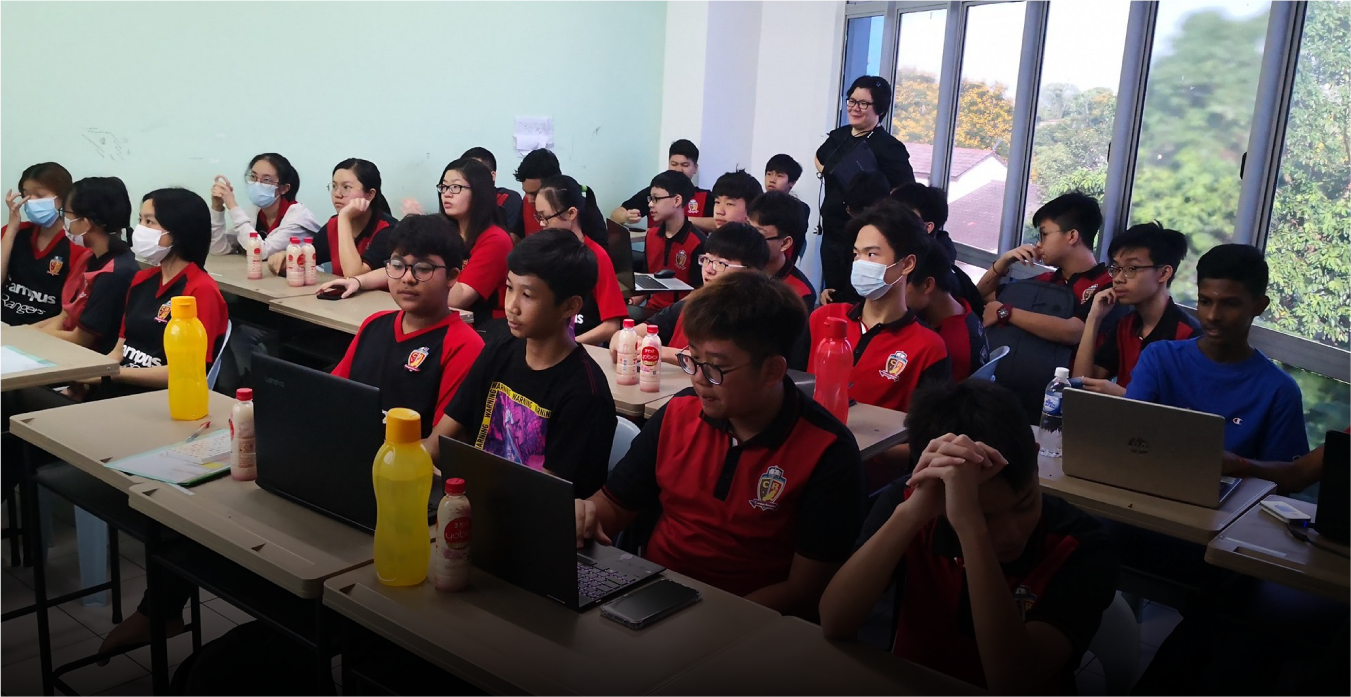Futures trading is a method of buying and selling contracts that obligate the trader to buy or sell a specific asset at a predetermined price and date. It is widely used by investors and traders to hedge risks or speculate on the price movements of commodities, indices, or currencies. For beginners, the world of futures can seem complex, but with the right guidance and resources, it can become a structured and rewarding trading approach. A key starting point for new traders is understanding the basic mechanics of futures contracts, including contract size, expiration dates, and leverage.
What Are Prop Firms and Their Role in Futures Trading
Prop firms, short for proprietary trading firms, are companies that provide traders with access to capital, technology, and resources to trade various financial instruments, including futures. Instead of risking their own money, traders can use the firm’s capital to execute trades. This allows traders, especially beginners, to gain exposure to the futures market with a safety net in place. Prop firms often provide structured training programs, risk management guidance, and mentorship, making them an excellent starting point for someone looking to enter futures trading professionally.
Choosing the Right Futures Trading Platform
Selecting a reliable futures trading platform is critical for beginners who want to work with prop firms. A futures trading platform is software that allows traders to execute trades, monitor positions, and analyze market data. Beginners should focus on platforms that are user-friendly, provide real-time market information, and include educational tools. A good platform often comes with features like customizable charts, technical indicators, and risk management tools. Since the platform is the primary interface between the trader and the market, using one that supports the needs of both beginners and prop firm strategies is essential.
Getting Started with a Leading Prop Firm
Once a beginner understands the basics of futures and identifies a suitable platform, the next step is joining a leading prop firm. These firms provide structured programs designed to train traders while giving access to funded accounts. The process typically involves an application, training sessions, and evaluation phases where traders demonstrate their understanding of risk management and trading strategies. Working with a prop firm can help beginners learn faster by exposing them to professional trading environments and real market conditions.
Risk Management in Futures Trading
Risk management is a cornerstone of futures trading, especially for beginners. Trading futures involves leverage, which can amplify both gains and losses. Prop firms often emphasize risk management techniques, including setting stop-loss orders, defining position sizes, and maintaining a balanced trading plan. A strong understanding of risk management ensures that traders protect their capital while still having opportunities to profit. Beginners benefit from learning these strategies early, as they form the foundation for sustainable trading practices.
Paper Trading and Practice Opportunities
Before trading with real capital, beginners can use paper trading features available on many futures trading platforms. Paper trading allows traders to simulate real market conditions without risking actual money. This practice is invaluable for developing strategies, understanding market behavior, and building confidence. Prop firms may also encourage paper trading as part of their training, giving beginners a safe environment to refine their skills before managing a funded account.
Tools and Resources Provided by Prop Firms
Leading prop firms often provide additional tools and resources to enhance the trading experience. These can include webinars, mentorship programs, proprietary analytics software, and access to community forums. Beginners can take advantage of these resources to improve their market analysis, learn advanced trading techniques, and stay informed about market trends. Access to these tools ensures that new traders have a strong support system while navigating the complexities of futures trading.
Building a Trading Strategy
Creating a trading strategy is essential for long-term success in futures trading. Beginners should focus on understanding market trends, analyzing technical indicators, and setting clear entry and exit points for trades. A good strategy incorporates risk management principles and aligns with the trader’s goals. Prop firms often guide beginners in developing strategies that suit their style while providing oversight to prevent significant losses. Over time, following a structured approach helps traders gain consistency and improve decision-making.
Continuous Learning and Improvement
Futures trading is a dynamic field, and continuous learning is vital. Beginners should actively study market news, economic events, and trading psychology to improve their performance. Leading prop firms encourage ongoing education through courses, mentorship, and practical trading experience. By staying engaged and seeking knowledge, traders can adapt to market changes, refine their strategies, and build confidence in their trading abilities.
Conclusion
Trading futures with leading prop firms offers beginners a unique opportunity to learn, practice, and grow in a structured environment. By selecting the right futures trading platform, understanding risk management, using paper trading tools, and leveraging the resources provided by prop firms, new traders can establish a solid foundation in futures trading. With consistent effort, disciplined strategy, and continuous learning, beginners can confidently navigate the futures market while building skills that support long-term success.



